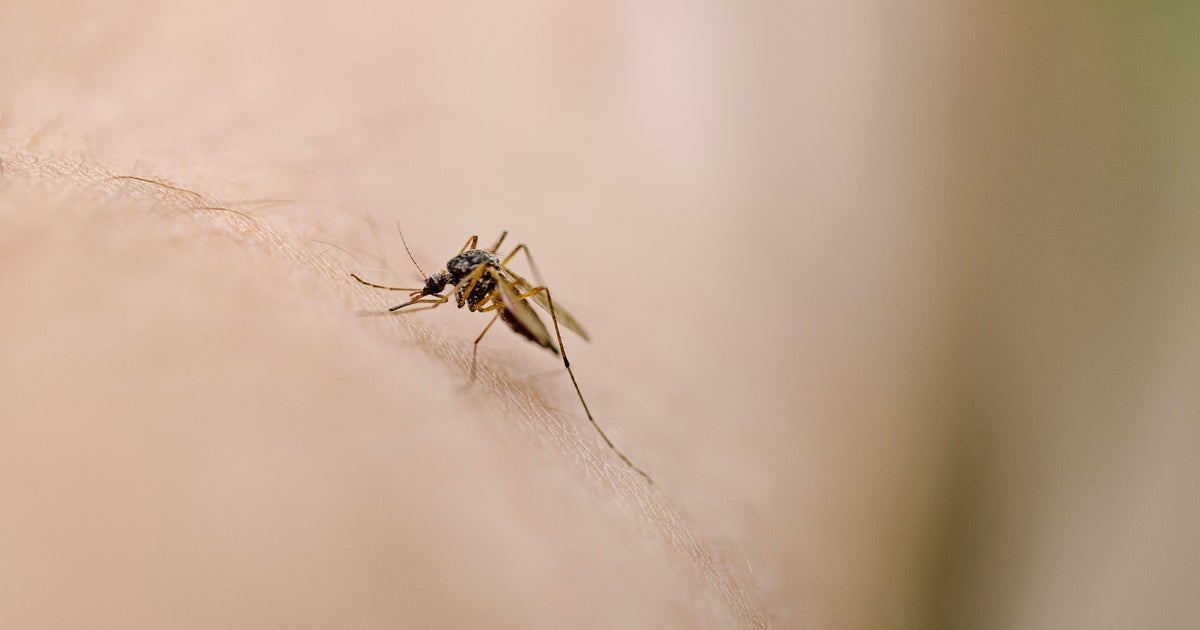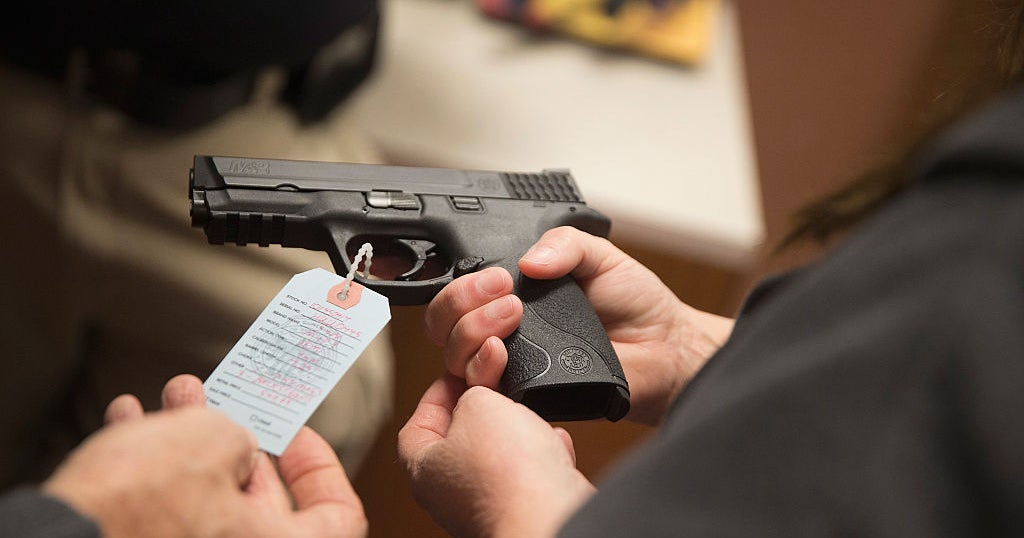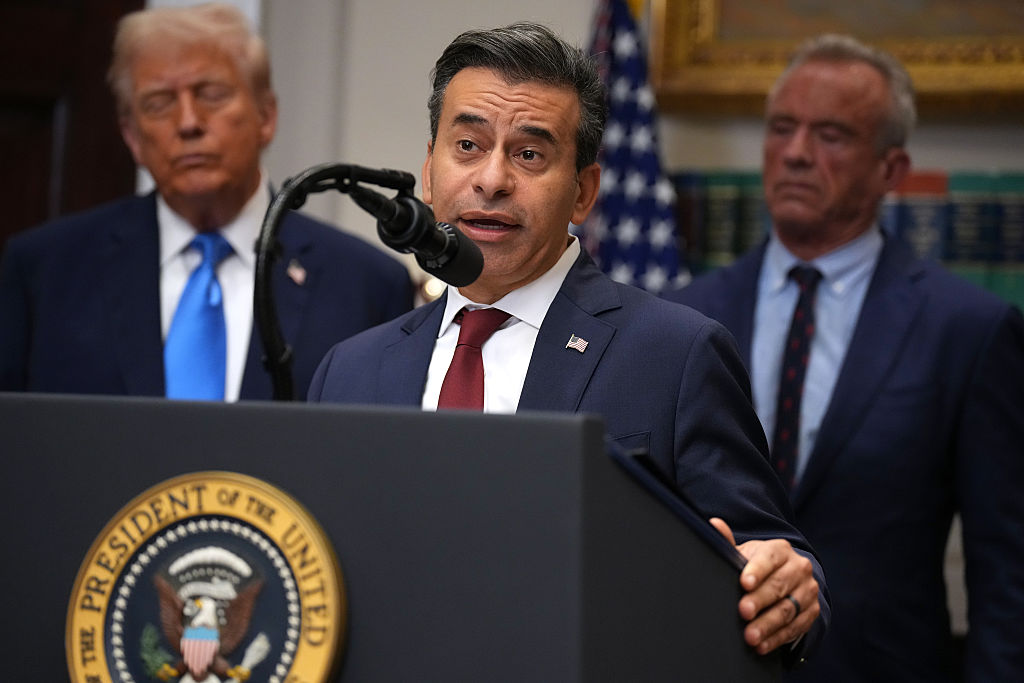What is RSV, and why is it on the rise among children?
COVID-19 and the flu aren't the only viruses parents should look out for this holiday season, as more and more children across the United States are coming down with respiratory syncytial virus — RSV — a common illness that typically causes cold-like symptoms. According to health officials, RSV cases among pediatric patients recently increased in at least 33 states.
"The reason we are seeing a big surge now is during the pandemic we were masking, we were social distancing, and so you have all of these little kids that were never exposed and they're all getting exposed all at once," Dr. Celine Gounder, epidemiologist and editor-at-large at Kaiser Health News, said Thursday on "CBS Mornings."
The virus affects the upper respiratory system with a runny or stuffy nose as well as a cough or sore throat, Gounder said. When the virus moves to the lower airways into the bronchi or the lungs, pneumonia or bronchitis can develop.
"That can be a lot more dangerous," she said.
According to the Centers for Disease Control and Prevention, an estimated 58,000 children younger than five are hospitalized each year because of RSV infection. And one to two out of every 100 children younger than six months with RSV could need to be hospitalized.
Most adults recover from RSV within one to two weeks, according to the CDC. Gounder said children and infants are affected differently because of their smaller airways and underdeveloped immune systems.
"They're not able to fight it off as well," she said. "They just run into trouble a lot more easily."
Gounder said RSV symptoms to look out for among children include irritability, changes in how they are feeding, gasping or wheezing, and coughing "so much that they can't really get a good breath of air."
"I would really start to get worried at that point," she said.
The virus is transmitted through the air, similar to how COVID or the flu is spread. Gounder said that since "there is no way to know if it is RSV, COVID or the flu" based off of symptoms alone, a pediatrician can test children through a nasal swab to determine if it is RSV. She notes there is no at-home RSV test available.
"If you have those warning signs, I would definitely go in and get your child tested," Gounder advised.



